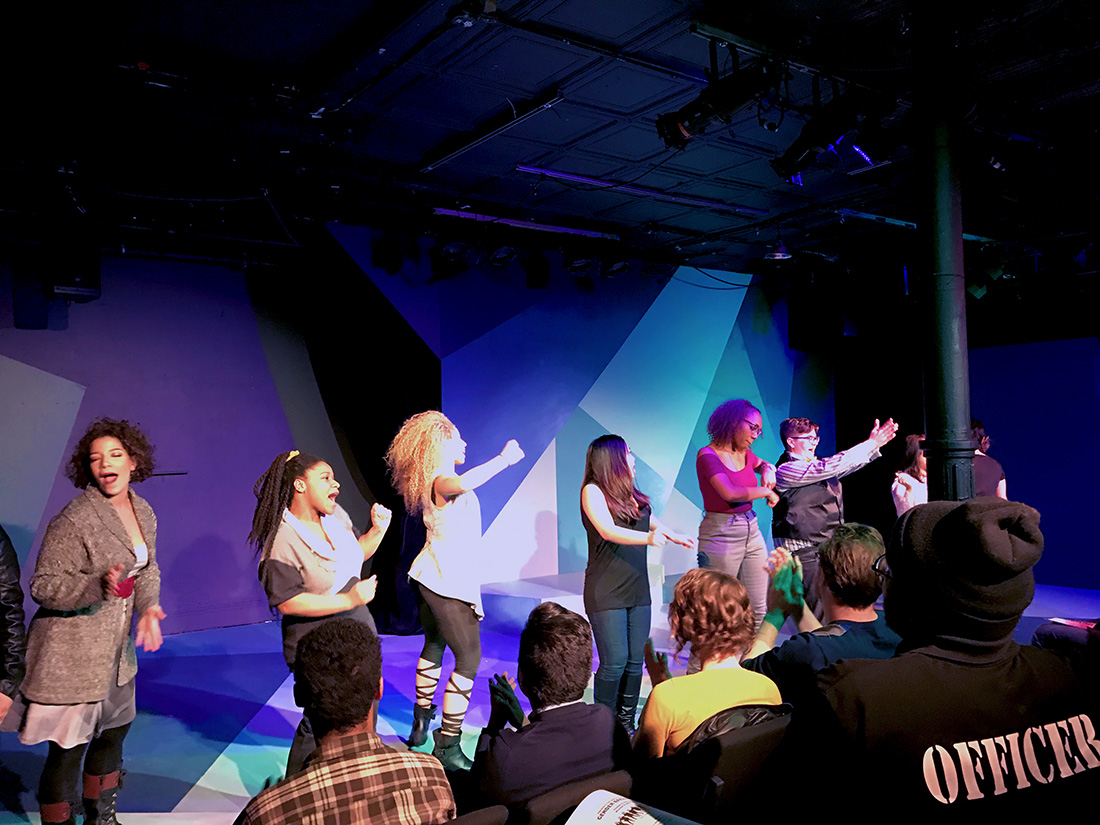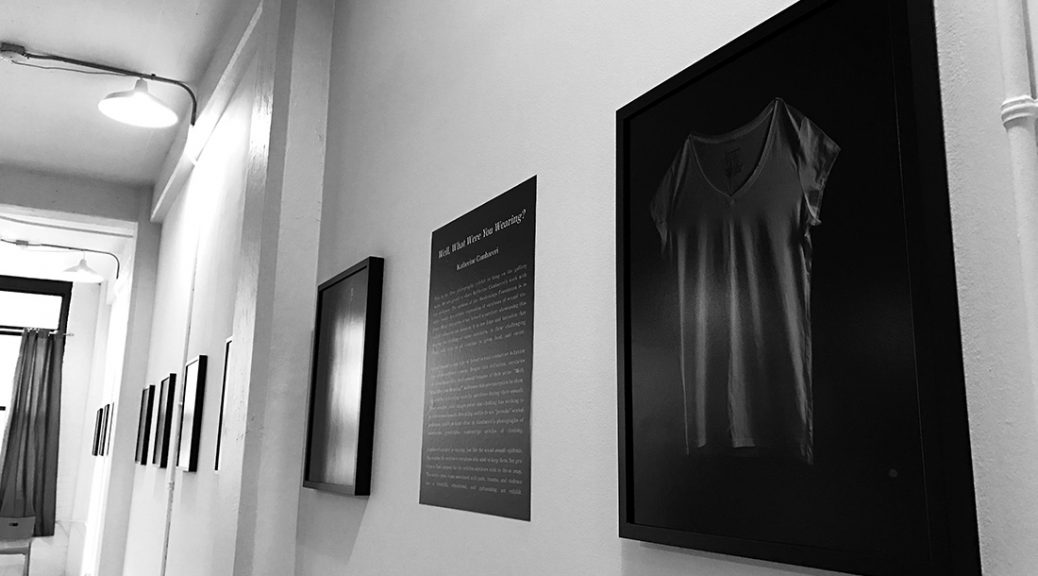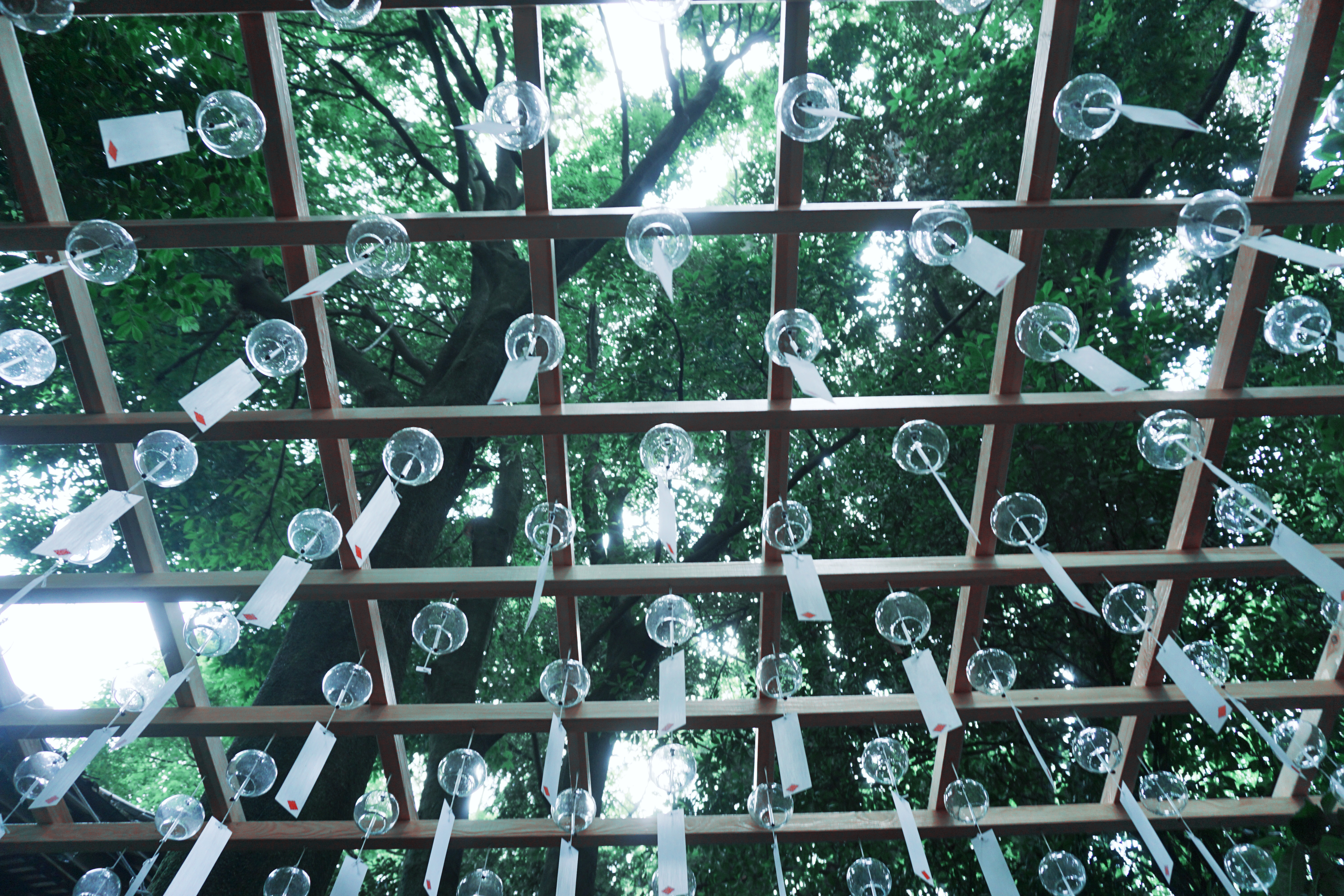When I flip through my old journals, where I first began experimenting with storytelling, none of my characters look like me. Even as I can hear myself in their voices, I can see my insecurities in their descriptions: blue eyes, the opposite of mine; blonde hair, the opposite of mine; pale skin that is nothing like mine.
Growing up in suburban North Carolina meant that frequently, I was the only nonwhite person in the room. I was an anomaly, idealizing myself on paper by writing myself as white. It was only in high school that I recognized my own erasure and began fighting against the norms I had internalized.
The 10 women of Collaboraction’s newest production, ‘Gender Breakdown,’ tell tales of gender disparity in Chicago theatre, but their stories resonate with anyone who has ever felt out of place in their own skin. If they had included every individual story, the show would be 91 million seconds long (that’s nearly three years). As the lights dim, the actors implore: “A theatre is a place for seeing. See this.”
For actor Priya Mohanty, being seen as more than a woman and an immigrant has been a challenge in and out of theater. Her onstage monologue answers the question why she doesn’t play people like her: “As if I had a choice!”
“I’ve seen sexism take different forms everywhere you go,” Mohanty said. “In India it tends to be very explicit…but over here, it’s more insidious. When I first came here, I had to ask, are you being sexist? Or are you just a jerk? Are you being racist? Am I overreacting? And that, in some ways, is more damaging.”
In addition to the dangerous subtlety of sexism and racism in America, Mohanty has struggled against being cast as old women (she’s only in her thirties) or overlooked because of her non-American accent.
“I went to this panel on diversity once,” Mohanty said. “And I got up and was like…if you want to reflect Chicago as it is, or America as it is, or the world as it is, there are people like me who exist in this world – so why can’t I ever be cast as the best friend or the roommate? And the response I got was ‘Well, your accent takes us out of that world.’”
Gender Breakdown’s creator Dani Bryant described the show’s inception as a series of conversations and questions, arising from the “the fire” of the artists themselves. After nine years in Chicago theater and over 20 devised pieces under her belt, Bryant said she believes storytelling can help reshape existing narratives and highlight the universality of people’s experiences.
“Young girls are forced to watch little boys be heroes and just expect to identify with it,” Bryant said. “Giving them a space to tell their own story onstage can really affect change in them…We can reclaim our narratives and shift them into a way that is empowering.”
It’s not unusual for women in Chicago theater to wonder where and how they fit into a male-dominated scene. While Chicago’s statistics are better than most cities, female-identified professionals make up only around 43 percent of local actors, according to recent studies by both DePaul and American Theater. The numbers for playwrights and directors are even worse, at 25 percent and 36 percent, with only 4 to 5 percent being women of color.
Aimy Tien began her monologue with a walk across the darkened stage. She told the audience how she edited herself out of her own works, how she let herself “be convinced stories about women like [her] wouldn’t sell,” and of the countless times she’d been asked, ‘What are you?’
I found myself on the edge of my seat. Tien’s truths are a reflection of mine.
“Being asked what are you is something people experience all the time,” Tien said. “There are still consequences of having to grow up like that…I look back on my own work and I’m like, why is this character white? How much work did I not produce because I was so busy writing about white people when I was younger?”
Yet for Tien, it wasn’t just about finding roles about queer Asian women—it was about telling her story as a woman in the first place.
“For a long time when I was younger I wasn’t even cast as a woman,” Tien said, laughing. “I’d be cast as an animal or a man…I was always like, if this character’s gender is not significant, would it have really mattered if they turned my character into a woman? In most cases, not at all.”
The entanglement of racism and sexism in America make them problematic to pin down and change. Art and its ability to make emotions feel tangible is sometimes the best place to start.
“What art is responsible for, what art can do is change perceptions [and] create empathy,” Tien said. “Witnessing the existence of women and the existence of people of color, the existence of non-binary people is in itself an act of resistance…For people in those communities, when we see ourselves in that way, it makes us feel that we are not alone.”
At one moment, the show references a quote by Junot Diaz about representation: “If you want to make a human being into a monster, deny them, at the cultural level, any reflection of themselves.”
The women of Collaboraction are offering Chicago theatergoers a chance to see their own reflections. So go see. You might be surprised at what you find looking back.
Gender Breakdown is playing through March 19 at The Vault at Collaboraction Studios in the Flat Iron Arts Building, 1579 N. Milwaukee Ave. For tickets and more information, visit collaboraction.org.





